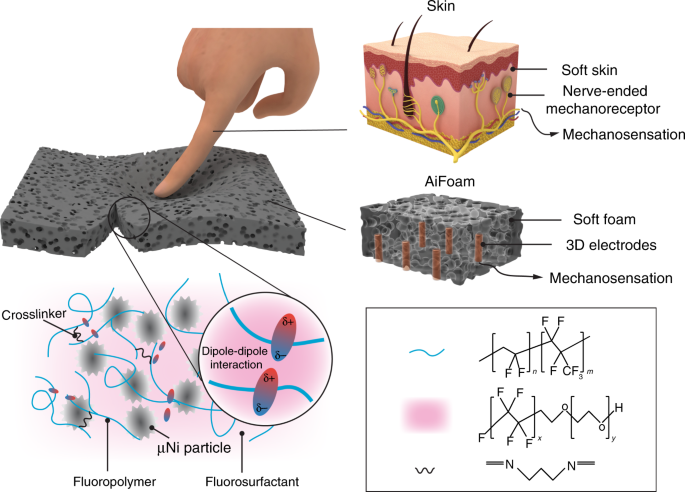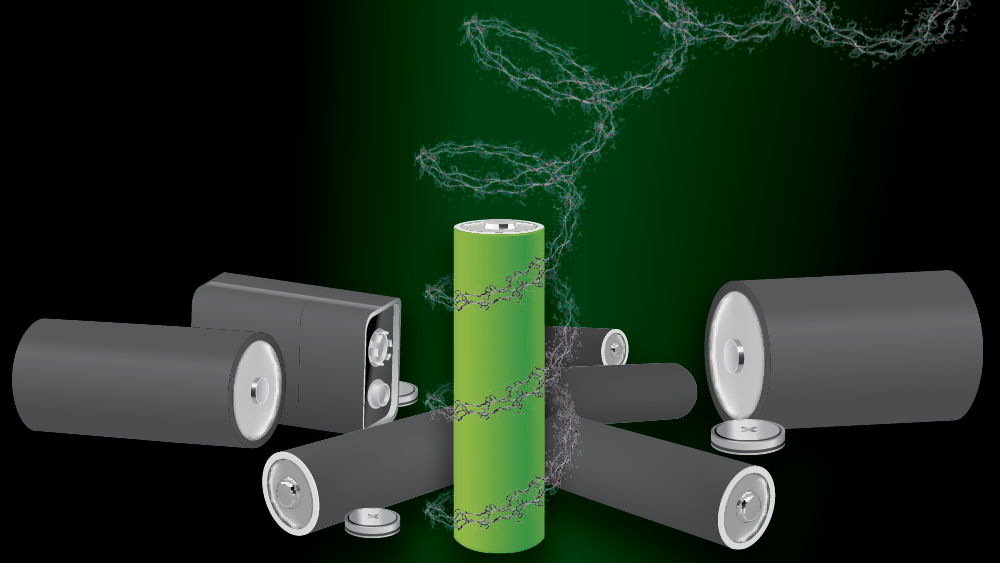(New technology converts waste plastics to jet fuel in an hour)
2021/5/17 アメリカ合衆国・ワシントン州立大学(WSU)

・ WSU、ワシントン大学(UW)およびパシフィック・ノースウェスト国立研究所(PNNL) が、廃棄プラスチックのポリエチレン(PE)をジェット燃料の成分や炭化水素製品に効率的に変換する、コスト効果的な触媒プロセス技術を開発。
・ ポリエチレンは、レジ袋やシャンプーの容器から耐食性パイプや家具等の様々な製品に広く利用されているプラスチック。
・ プラスチックを溶解して再成形する最も一般的な機械的なリサイクル技術では、他製品で利用するプラスチックの経済的な価値と品質の低下が、一方、高品質の製品が作れる化学的なリサイクル技術では、高温度や長時間プロセスによる高コストと煩雑さがそれぞれの課題。米国で毎年リサイクルされているプラスチックは約 9 のみ%。
・ ルテニウムと炭素による触媒と一般的な溶液を使用する同触媒プロセスでは、220℃の温度下で一時間以内にプラスチックの 90%を変換。温度、時間や触媒の利用量を調整することで、目的とする製品を選択的に獲得できる。
・ Washington Research Foundation の支援により、商業化に向けた同触媒プロセスのスケールアップに取り組んでいる。同プロセスは、他種類のプラスチックにも効果的に適用できると考える。
・ 本研究には、 Washington State Research Foundation および米国立科学財団(NSF)が資金を提供した。
URL: https://news.wsu.edu/2021/05/17/new-technology-converts-waste-plastics-jet-fuel-hour/
<NEDO海外技術情報より>
(関連情報)
Chem Catalysis 掲載論文(フルテキスト)
Deconstruction of high-density polyethylene into liquid hydrocarbon fuels and lubricants by
hydrogenolysis over Ru catalyst
URL: https://www.sciencedirect.com/science/article/pii/S2667109321000233?via%3Dihub
Summary
Polyethylene (PE) is the most popular plastic globally, and the widespread use of plastics has created severe environmental issues. High energy consumption in the current process makes its recycling a challenging problem. In our report, the depolymerization of high-density PE was conducted in various liquid-phase solvents with the Ru/C catalyst under relatively mild conditions. The maximum yields of the jet-fuel- and lubricant-range hydrocarbons were 60.8 and 31.6 wt %, respectively. After optimization of the reaction conditions (220°C and 60 bar of H2), the total yield of liquid hydrocarbon products reached approximately 90 wt % within only 1 h. The product distribution could be tuned by the H2 partial pressure, the active-metal particle size, and the solvents. The solvation of PE in the different solvents determined the depolymerization reaction kinetics, which was confirmed by the molecular dynamics simulation results.



